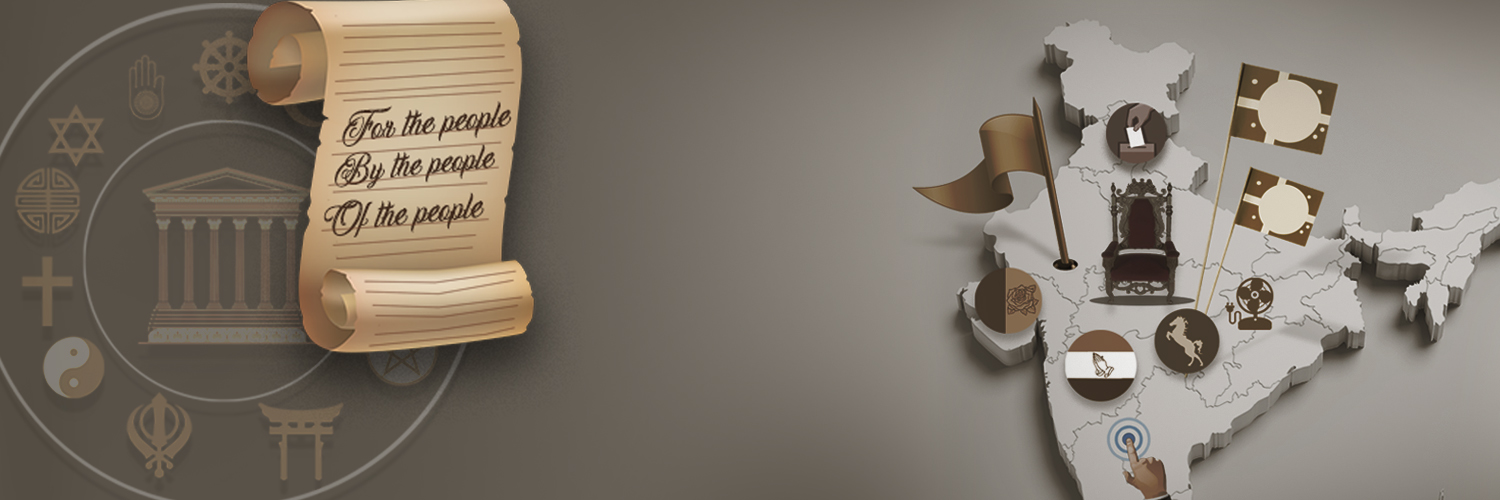Introduction
In a democracy the rulers have to follow some rules and procedures. They have to work with and within institutions. In a democratic country, representatives are chosen through elections at various levels.
How is a major policy decision taken?
Need for Political Institutions
- In order to settle any disputes, modern democracies have arrangements called institutions whose powers and functions are decided by the Constitution.
- Some institutions are: The Prime Minister and Cabinet, Civil Servants, and Supreme Court.
Why do we need a Parliament?
- The functions of a Parliament are:
- Parliaments make, change laws and implement new laws and is the final authority of law making in the country.
- Parliament can seek any information and is also the highest forum of discussion and debate on public issues and national policy.
Political and Permanent Executive
- Executives are divided into two categories – Political executive and Permanent executive or civil services.
- Political executive are the political leaders who make big decisions.
- Permanent executive are people appointed on a long term basis.
Prime Minister and Council of Ministers
- The Prime Minister, appointed by the President, is the most important political institution in the country.
- The body of 60 to 80 Ministers of different ranks is called Council of Ministers which includes Cabinet Ministers, Ministers of State with independent charge and Ministries of State.
Powers of the Prime Minister
- He is the chairperson of Cabinet meetings and coordinates work of various departments.
- In case of conflicts within departments, his decisions are final.
